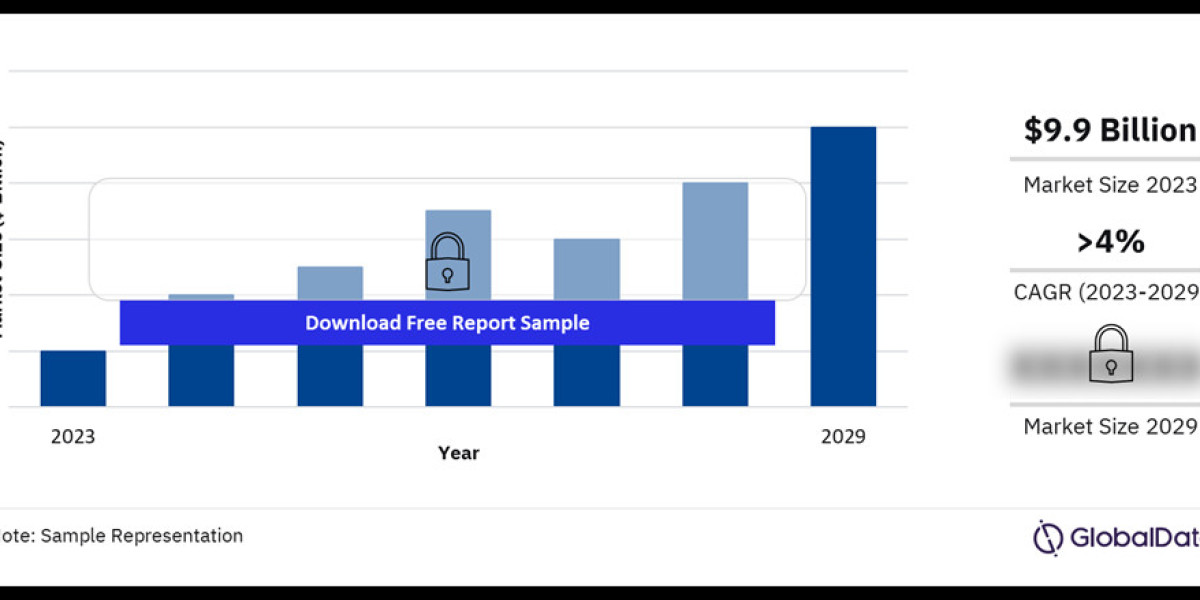Comparing CS, CA, and CMA: Which Career Path is Right for You?
Choosing the right career path in commerce can be overwhelming, especially when you have prestigious options like Company Secretary (CS), Chartered Accountant (CA), and Cost and Management Accountant (CMA). Each path offers unique opportunities, and understanding their differences is crucial to making an informed decision. This blog explores the key aspects of these courses to help you determine which aligns best with your goals.
1. Overview of the Courses of Unique Academy For Commerce
CS (Company Secretary): A CS plays a vital role in ensuring compliance with corporate laws, handling governance, and acting as a corporate advisor. The Institute of Company Secretaries of India (ICSI) conducts this course.
CA (Chartered Accountant): CAs specialize in taxation, auditing, accounting, and financial management. This highly reputed course is managed by the Institute of Chartered Accountants of India (ICAI).
CMA (Cost and Management Accountant): CMAs focus on cost auditing, budgeting, and strategic financial management. The Institute of Cost Accountants of India (ICAI) regulates this program.
2. Eligibility Criteria
CS:
Foundation Level: Open to students after Class 12.
Executive and Professional Levels: Available after completing the Foundation or a graduate degree.
CA:
Foundation Level: Requires Class 12 qualification.
Intermediate and Final Levels: Students can enter after clearing the Foundation or via direct entry after graduation.
CMA:
Foundation Level: Open after Class 12.
Intermediate and Final Levels: Accessible post-graduation or after completing the Foundation level.
3. Course Duration
CS: Typically takes 3–5 years, depending on the route and pace.
CA: Usually completed in 4–5 years, including articleship.
CMA: Takes around 3–4 years, including practical training.
4. Key Subjects Covered
CS:
Corporate Laws
Securities Laws
Corporate Governance
CA:
Financial Reporting
Taxation
Auditing and Assurance
CMA:
Cost and Management Accounting
Financial Analysis
Strategic Management
5. Career Opportunities
CS:
Corporate Legal Advisor
Compliance Officer
Governance Expert
CA:
Tax Consultant
Auditor
Financial Analyst
CMA:
Cost Auditor
Budget Analyst
Financial Controller
6. Salary Prospects
CS: Entry-level salaries range from ₹4-7 LPA, with significant growth as you gain experience.
CA: Freshers earn between ₹6-10 LPA, with excellent opportunities in firms and industries.
CMA: Initial salaries are around ₹5-8 LPA, with a strong demand in manufacturing and finance sectors.
7. Who Should Choose What?
CS: Ideal for those interested in legal and governance roles within corporations.
CA: Best suited for individuals passionate about accounting, auditing, and taxation.
CMA: Perfect for students aiming for careers in cost management and strategic financial planning.
Conclusion
Each of these courses offers excellent career prospects, but the choice ultimately depends on your interests and career goals. If you enjoy legal and corporate governance, CS is the way to go. For those with a knack for numbers and taxation, CA is a perfect fit. If you’re drawn to cost analysis and strategic planning, CMA is your calling. At Unique Academy for Commerce, we provide expert guidance and resources to help you succeed in your chosen path. Enroll today to embark on your journey toward a fulfilling career!









